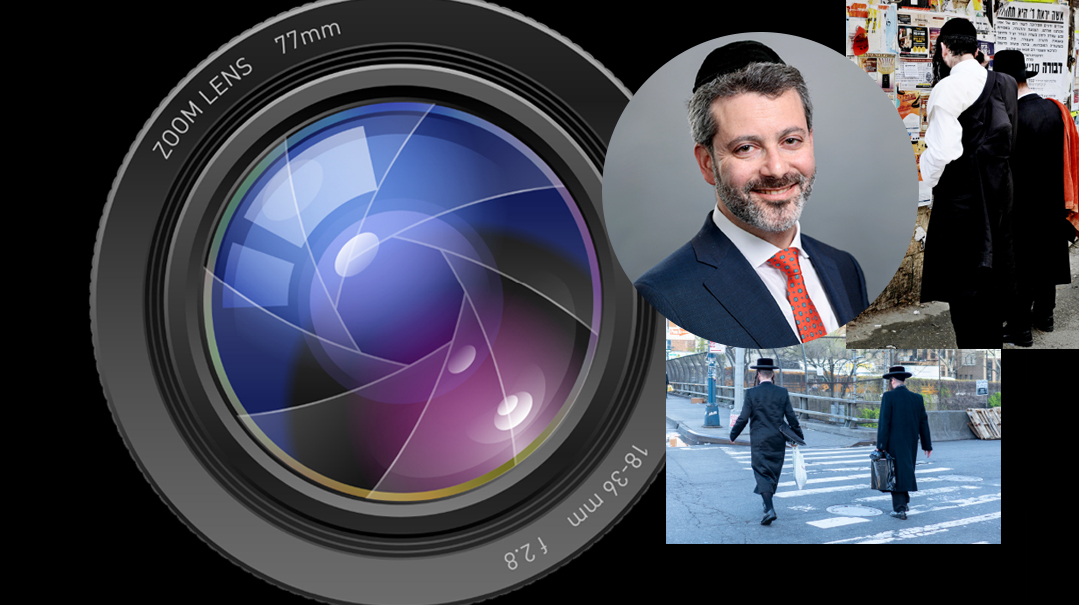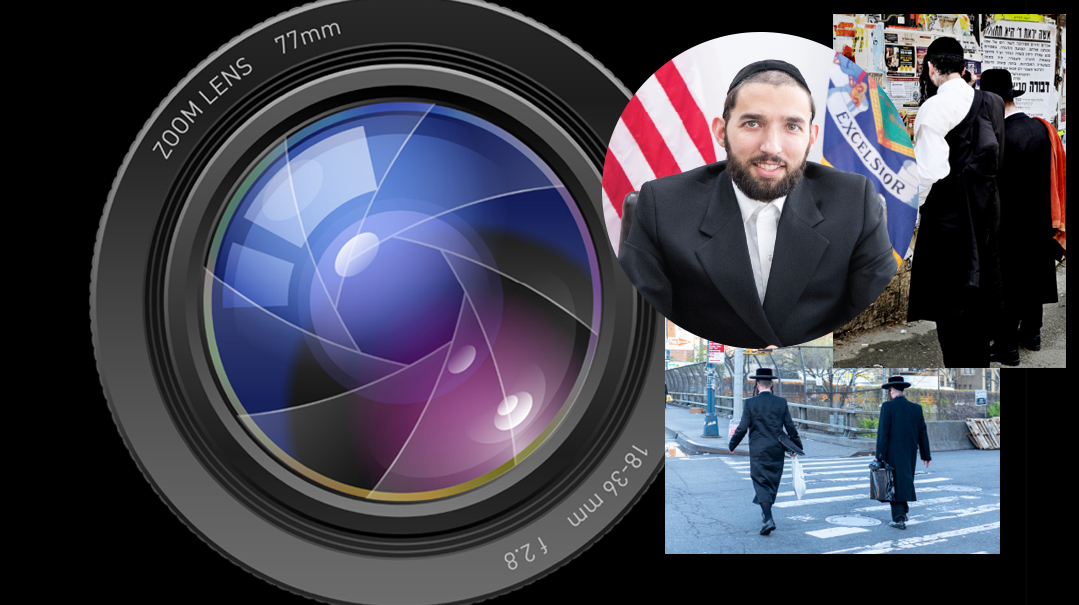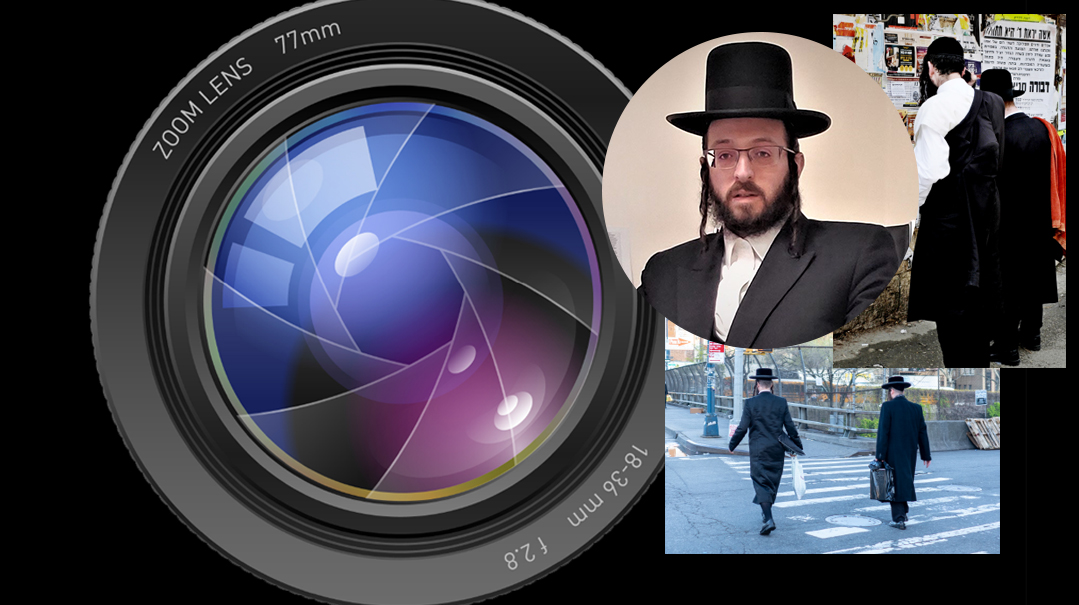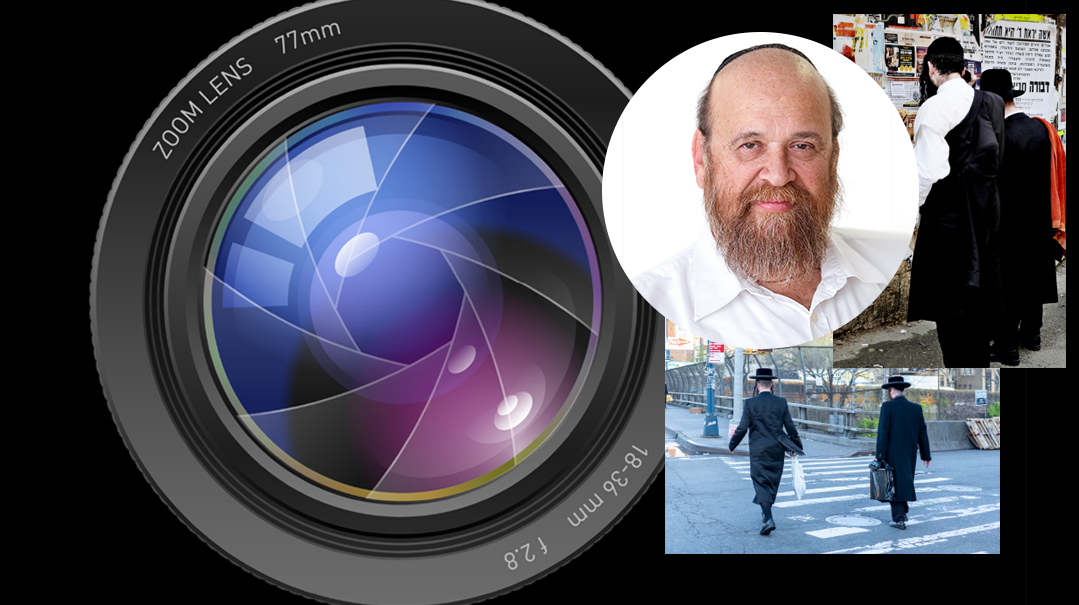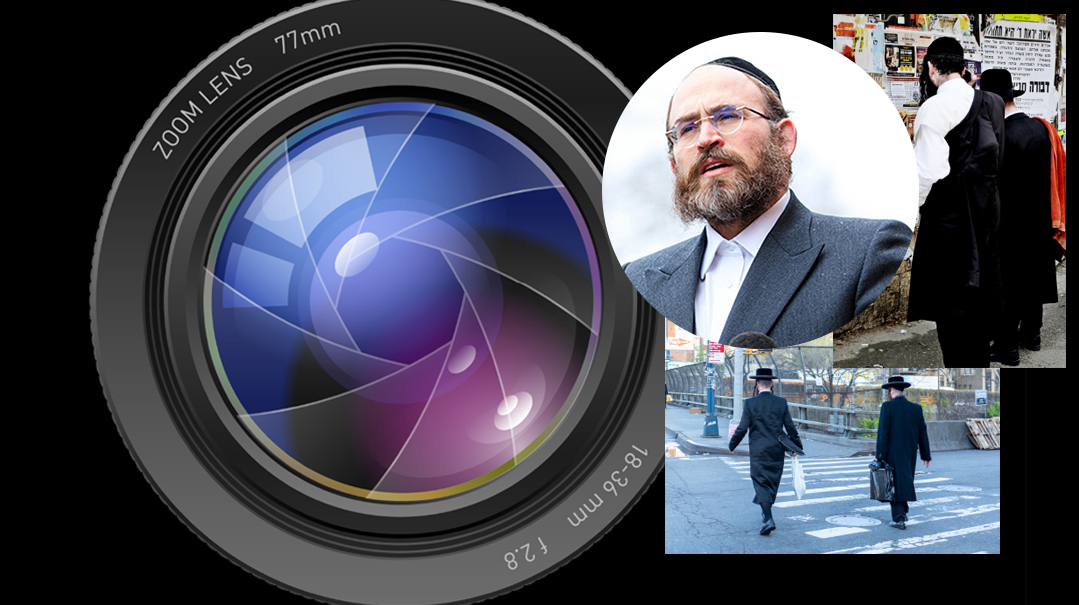The Million Dollar Question

"Our community’s image is priceless, and we need to show the world who we are as a people"

The challenge: Imagine you were given a million-dollar budget to solve our image problem. What kind of campaign, program, or effort would you develop? Tell us what message you’d want to convey, the channels you’d use to do it, and who you would target.
Yitzchak Nachshoni
I would start with a campaign against generalizations. At the moment, while the flames of hatred are raging, I would stick to a simple message: “I won’t generalize and you won’t generalize. Let’s relate to each human being, no matter who they are, as an individual.”
In the second stage I’d expand the campaign with a message about accepting and respecting each other’s differences. The idea is to bridge the gaps and foster connection and dialogue.
I believe in getting the message out from the bottom up, through a grassroots endeavor, beginning with an ad blitz – signs, billboards, radio ads, social media -- and subsequently through personal meetings, one-on-one or in small groups. There are many excellent kiruv organizations that do this, and I’d harness them all.
I would know that I’d succeeded if I saw that I’d turned back the clock to the time when I could reach out to my secular neighbors and elicit a response. For years, I’ve lived alongside the most left-wing, antireligious members of Israeli society, and we always managed to communicate amicably. But as the pandemic progressed, the media’s incitement campaign reached such lows that I felt unprecedented, blatant animosity from people I knew and respected.
Now, when a secular person says to me, “You disgust me,” how can I respond to that? Tell them that I’ll take a shower? There’s no way I can invite my neighbors for Shabbos anymore, not because of coronavirus safety concerns but because I’ve been branded as “contaminated.” My fear is that if the situation continues as it is, there simply won’t be anyone with whom to do kiruv.
Mr. Yoel Friedman
We would invest in the promotion of a positive picture of the community to the outside world: how strong our families and communities are, how overwhelming the chesed is, how blessed we feel about our lives, how innovative and creative we are, and the contribution we make to wider society.
There are people inside our community with the skill and flair to undertake this work. We would use the money to hire a team, and to pay for first-class media and communications consultancy to support them.
This team would build a positive online presence for chareidim in the UK. If people look for information about chareidi Jews, the first thing they should encounter is good, true, positive messages and not poison. The team would proactively build relationships with the media and become the “go-to people” on chareidi matters. Our rabbanim want to see this happen!
We would also use some of the money to get our the message within the community that we are all ambassadors for Klal Yisrael. Our actions, whether as individuals or through our institutions, determine how Klal Yisrael is seen in wider society. We need to remain attuned to the responsibility and opportunity to be mekadeish Sheim Shamayim, and relay these messages to our children.
Menachem Lieberman
We’ve seen that PR works. We have much to be proud of, and if we can share that with the society around us, they’ll probably be able to understand us better.
For example, our communities have built a health system and first-response apparatus that is well more sophisticated than any comparable volunteer system elsewhere.
Both Hatzolah and Chaverim have made it a point to serve the neighbors, even those who aren’t members of the community, and the value in that is immeasurable. Here in Montreal, our very own Refuah V’chesed has built a health care clinic that fills in the gaps of the Quebec health care systems. Often, non-Jews come in and they are treated wonderfully, becoming instant admirers of what we do. Next time they’re at a party and someone says that chassidic people carry diseases, they will be equipped with real information to counter that.
We need to invest more time and resources to keep improving these organizations so that they can help as many people as possible. Nothing turns an enemy into a friend like being helped, right? So that’s always the wise way to go. Be kind, be pleasant, and be helpful whenever you can.
Rabbi Shlomo Soroka
We will never “solve” the image problem as long as we are in galus, for two reasons. Number one, there is a reality of Eisav sonei l’Yaakov, and no matter what we do, there will be those that see us through the lens of Eisav. Number two, the fact that sinas chinam still exists means we need to work on how we perceive each other. We can’t fix our external image problem until we fix our internal one. Once we solve sinas chinam, the Geulah will solve our image issues, and a whole lot more.
However, I’m not suggesting we don’t try. In fact, the first thing I would do doesn’t have to cost a penny (and it’s something many people, including myself, already do): outreach to lawmakers and government officials, journalists and other public figures.
These people should be invited on a tour of the local frum community to see the schools, the shuls, the chesed organizations, and even the local businesses and restaurants. In my experience, people are usually blown away. This kind of encounter totally transforms their perception and their interaction with and on behalf of the frum community.
Members of every community can do this with public figures, business associates, and work colleagues. Leaders in the community who are a bit more skilled can do the same with politicians and journalists. The general public is curious about a community that is perceived as insular and most are very interested in an “insider’s tour.” None of this needs to cost anything.
But if you’re offering a million dollars, I would expand this initiative to include coordinators and training, so we would need a curriculum and a frum professional who is sensitive to the nuances of the different communities. What will work for a Modern Orthodox community in Teaneck isn’t going to work for a chassidish community in Williamsburg. Some issues require more cultural sensitivity. Is it appropriate to bring a secular politician into a beis medrash in the middle of seder? There are many other examples, but I’ll leave it to your imagination.
So, I’d create a diverse committee and have some Sephardim come up with ideas for the Sephardic community, chassidishe folks for the chassidim… I would do the same for Lakewood and for every community across the country. Plans would be coordinated and evaluated regularly. Coordinators would meet periodically and share what’s working, borrow ideas and help each other overcome challenges.
Assemblyman Simcha Eichenstein
Baruch Hashem, our community’s image is priceless, and we need to show the world who we are as a people. I can tell you from personal experience that when I share this with my colleagues in government, once they get past what they read in the tabloids and I really get to engage with them, their minds change.
In the two years that I have been in Albany, I have voted no on a lot of bills. But every time I vote against a bill, I try to walk over to the sponsor of the bill and explain why.
There was one bill that everyone understood I was going to vote no on because it clearly went against Torah principles. The day before the vote, I walked over to the sponsor of the bill on the floor of the Assembly and asked if I could explain why I was voting against.
She said, “Yeah, yeah, yeah, I get it, there’s no need to explain.”
I said, “No, please, hear me out.”
The sponsor was skeptical. But we went to the back of the floor and I went through the bill, explaining all the reasons why I, as a religious Jew, couldn’t support it the way it was.
She then told me, “Simcha, I want you to know that in all my years that I have been in Albany”— and she has been there for a very long time — “I never had a member come over to me and explain to me their position the way you have just done.”
Since then, I have a very good working relationship with her. So you don’t need a million dollars. You need to be a mensch, be consistent -- and you’ll succeed.
(Originally featured in Mishpacha, Issue 852)
Oops! We could not locate your form.







